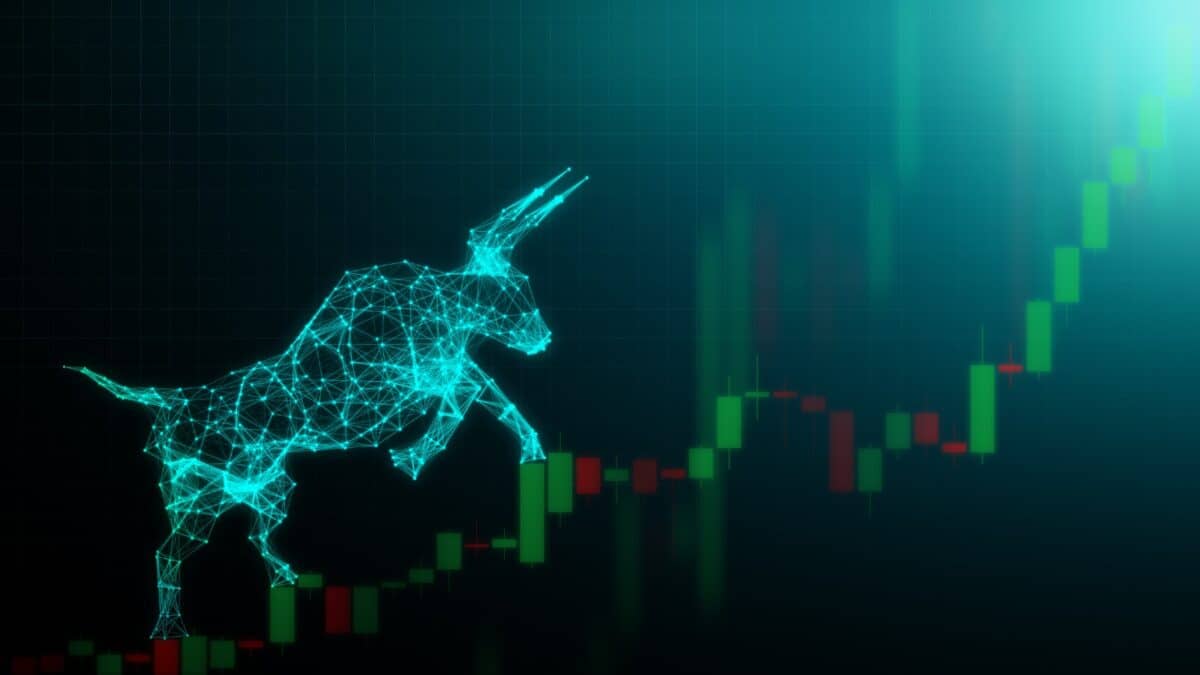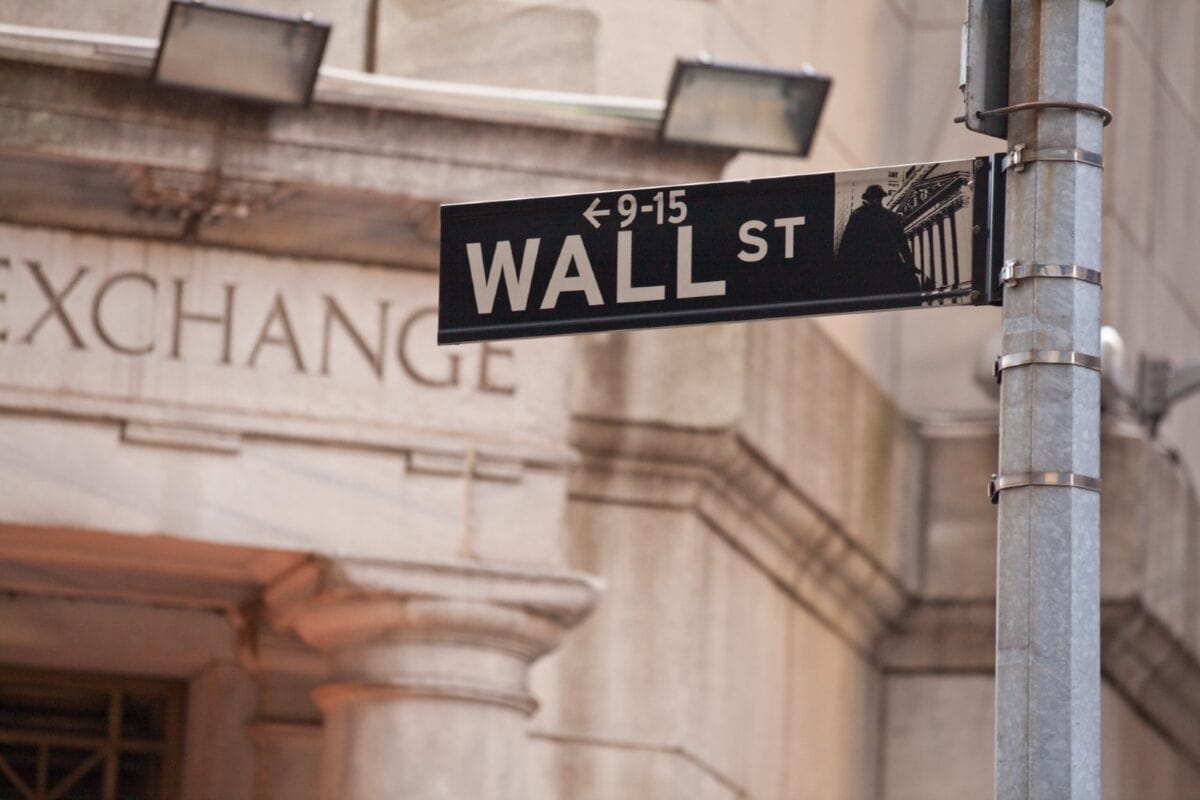Unlock the US Election Countdown newsletter for free
The stories that matter on money and politics in the race for the White House
The writer is president of the Peterson Institute for International Economics
Elections, especially contentious ones, are challenging for independent central banks. Monetary policymakers can neither know what macroeconomic policies will be chosen next nor speak frankly about the implications of the candidates’ policy proposals — they obviously don’t want to be branded as partisan. Making a realistic conditional forecast, let alone a public one, is more or less impossible.
Yet when the result of an election is uncertain, and the parties have very different fiscal, currency, trade and regulatory policy positions — as is the case in the US right now — plans for monetary policy must turn on outcome. The overwhelming confidence of markets and the public that the Federal Reserve is going to embark in September on a cycle of interest rate cuts through 2025 and 2026 means a sudden shift in policy will be particularly damaging.
Like all central banks, the Fed hates to make abrupt changes of direction unless there is an obvious shock, like Covid in March 2020 or the collapse of Lehman Brothers and AIG in September 2008. But given the economic outlook for the US post-election, the Fed needs to prepare itself, and the public, for at least the high probability of a shift to tightening by mid-2025.
Under either a Harris or a Trump administration, fiscal policy is likely to be loose. And if Trump wins, the threat of inflation will be greater. Tariffs would go up substantially across a range of countries and industries, which would be inflationary. Large-scale deportation of migrant workers — as Trump and the Republicans commit to enacting — would be stagflationary, driving up prices through shortages of workers in particular sectors and cutting back production sharply.
Under Trump, there also would be an unsustainable boom through deregulation of energy, environment and labour — this would cause rotation from big and green tech to fossil fuels and old manufacturing, which would also be inflationary. He and his running mate have threatened the independence of the Fed and the strength of the dollar.
Of course, this inflation and the need for the Fed to raise may not materialise. The US could already be heading for a recession that this year’s expected 50-75 basis points of Fed rate cuts and fiscal laxity will not be enough to prevent. Net fiscal policy could go into restrictive mode because of political breakdown, perhaps due to turmoil surrounding the election result. The recessionary effects of mass deportations by a Trump administration could hit harder and faster than their inflationary impact. But for all that, the likelihood of inflation accelerating in 2025 remains considerable.
So what should Fed chair Jay Powell say in his speech at this week’s central bankers’ symposium in Jackson Hole?
He should make it clear that the Fed’s monetary policy stance could reverse after the election, even if it sets up rate cuts in the coming weeks. He should also remind markets and households of basic economic realities.
Powell has already, bravely and rightly, made statements about the supply side benefits of migration. He should reiterate the stagflationary effects of mass deportation and point out that the vast majority of tariffs are paid for by US purchasers, and therefore will stoke inflation. And he should do the usual central banker talk about the unsustainability of the current fiscal trajectory.
Central bankers around the world often find themselves in the position of having to provide public reality checks, even in the midst of contentious elections. The fact that this is now necessary for the Fed shows the extent to which the political debate around economic policy in the US has degenerated. As with the Bank of England ahead of Brexit, or central banks in developing countries prone to high inflation, someone has to remind the public of some basic truths about economic policy — while avoiding saying anything about the competing parties or candidates.
This is not about influencing the election outcome or an elected president’s policy choices. This is about being honest with the American people about the risks monetary policy must face.
Rather than simply hoping the factors that would drive a reversal in policy will not arise, or that changing course abruptly when inflation is already here would be more politically prudent, the Fed needs to start laying the groundwork for a possible pivot now. Leaving the change in forecast to a November surprise, or more likely waiting until the federal budget passes Congress in March or April of next year, will set markets and households up for a shock. That would compound the damage caused by the errors that an administration of either stripe will inevitably make.
Credit: Source link














